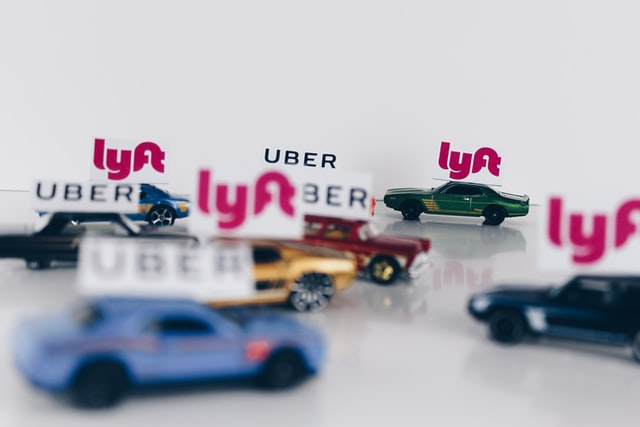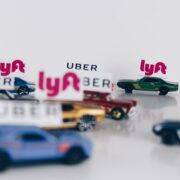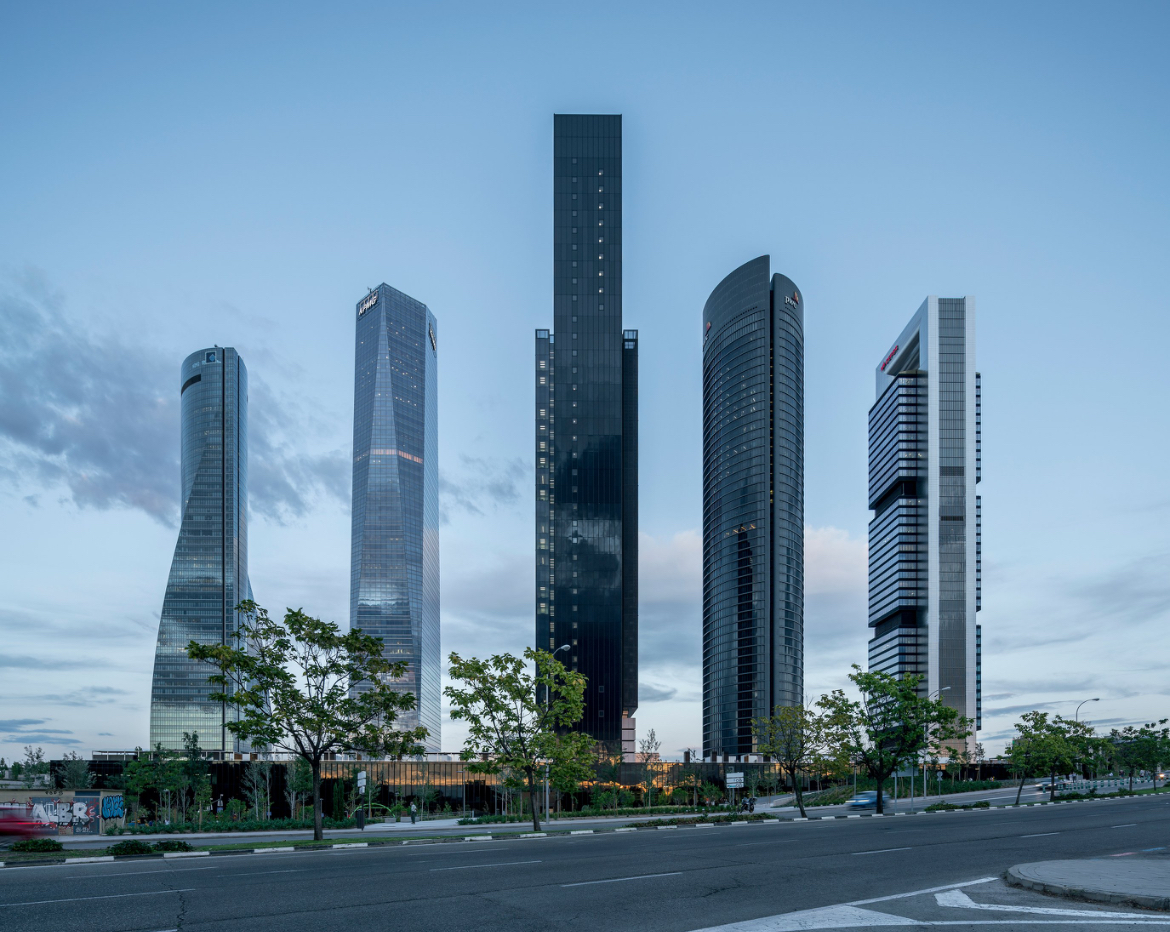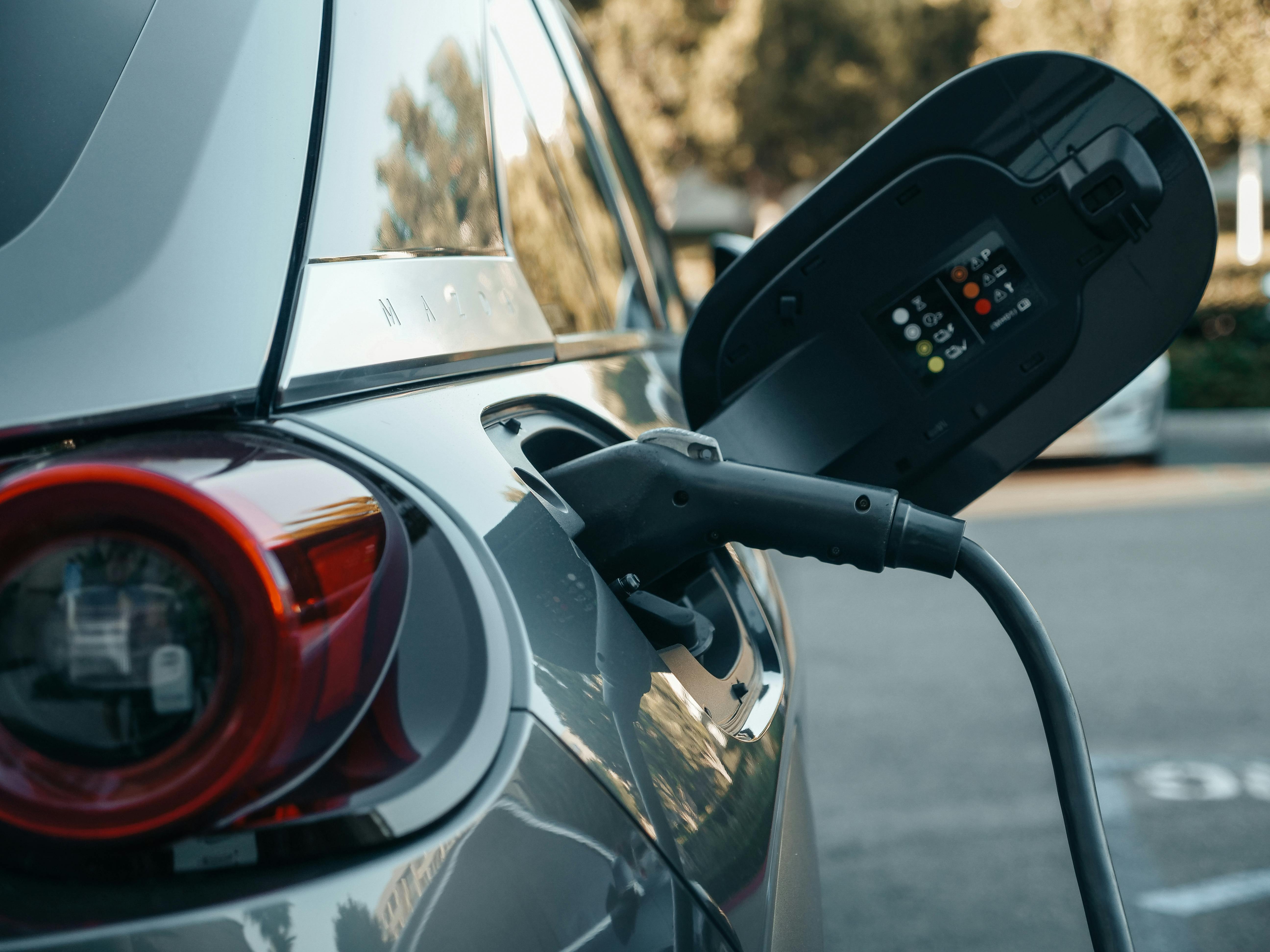California judge denies motions to delay injunction
A California judge on Thursday, August 13 denied motions by Uber and Lyft to extend a deadline to appeal a preliminary injunction that ordered the companies to classify their drivers in the state as employees.

At a hearing at the San Francisco Superior Court, Judge Ethan Schulman denied the motions after executives at the ride-hailing companies threatened to take their businesses out of California.
Both companies are headquartered in San Francisco.
“I am confident that the court of appeal is capable of acting very quickly where it is necessary for it to do so,” said Schulman. “I am unconvinced that any extension of the 10 day stay is required. Both applications are denied.”
In May, California Attorney General Xavier Becerra, along with city attorneys from Los Angeles, San Diego, and San Francisco filed a lawsuit against Uber and Lyft, accusing them of violating Assembly Bill 5 (AB 5), which laid out a test determining whether a worker is an independent contractor or employee.
Schulman ordered the preliminary injunction on Monday, August 10, giving the companies until August 20 to make an appeal.
The lawsuit said that in classifying drivers as independent contractors, the companies were depriving their drivers of employee benefits like overtime pay, paid sick leave, and disability and unemployment insurance.
Under the California Unfair Competition Law, the companies are subject to $2,500 in penalties per violation, and an additional $2,500 per violation against people with disabilities or senior citizens.
At the hearing last week, Lyft’s counsel argued that the injunction would cause more harm than good to Uber and Lyft drivers.
The companies argued that the injunction would also be costly as more money would be needed to amp up human resources and payroll staff.
“The proposed injunction would cause irreparable injury to Lyft and Uber, and would actually cause massive harm to drivers and harm to riders,” said Rohit Singla, counsel for Lyft.
In an interview with MSNBC, Uber CEO Dara Khosrowshahi said the classification change would likely force Uber to temporarily shut down.
“If the court doesn’t reconsider, then in California, it’s hard to believe we’ll be able to switch our model to full-time employment quickly,” said Khosrawshahi.
Executives at both companies have also said that their drivers preferred to be independent contractors as their business models were based on allowing drivers to work on their own time.
According to a survey conducted in May by ridesharing blog, Rideshare Guy, more than 71% of the survey’s 734 respondents preferred being independent workers. Before the COVID-19 pandemic, 81% of drivers said they wanted to remain independent contractors.
With the injunction going into effect August 20, both companies have put millions of dollars into Proposition 22 — a measure that will be on the California ballot this November — and allows drivers to work as contractors with benefits like 120% of minimum wage while working, 30 cents per mile, healthcare stipend, and occupational accident insurance among others.
Also pushing for Proposition 22 are DoorDash, Postmates, and Instacart — food and grocery delivery companies that also rely on independent contractor drivers. (Rae Ann Varona/AJPress)






